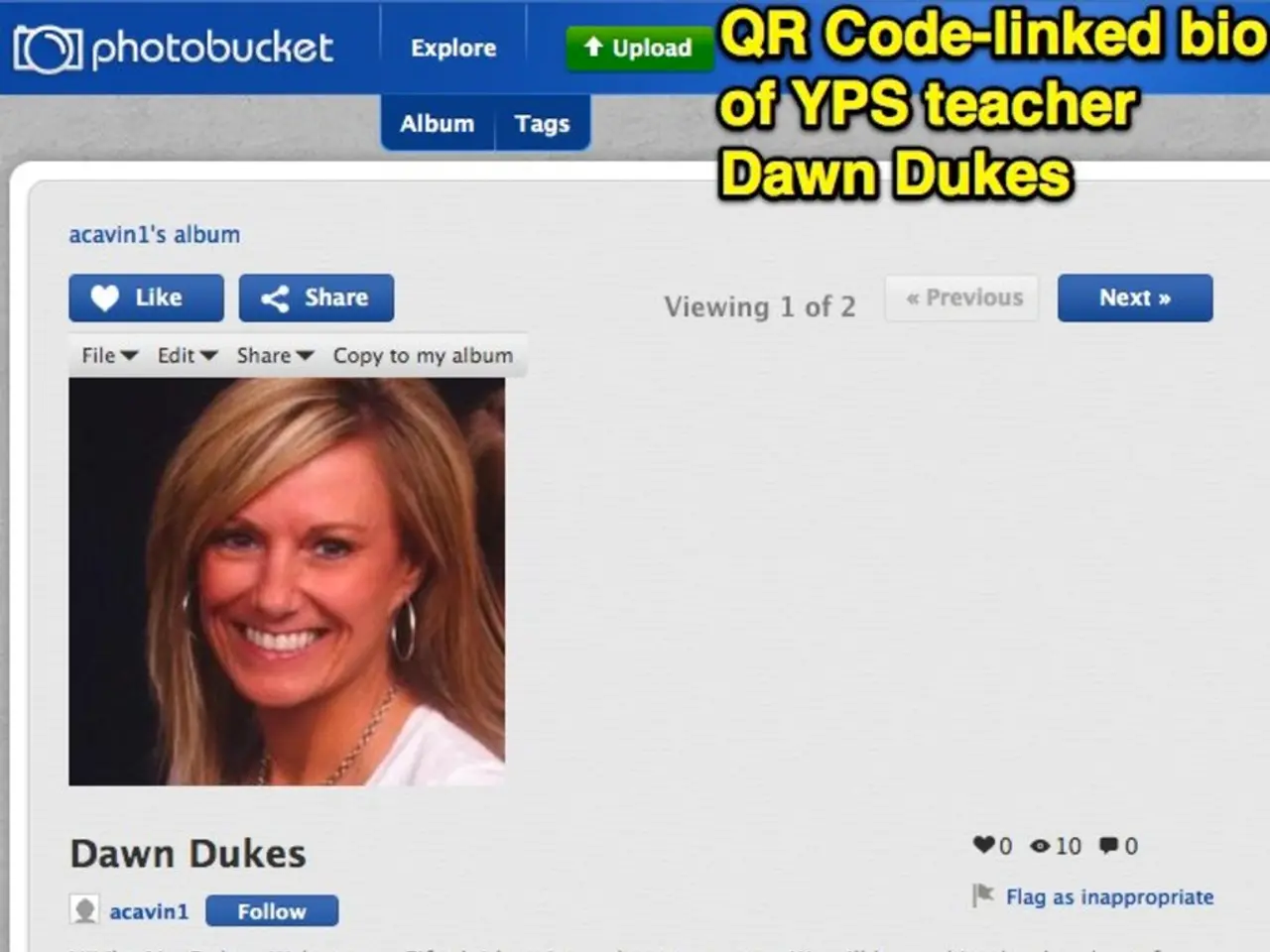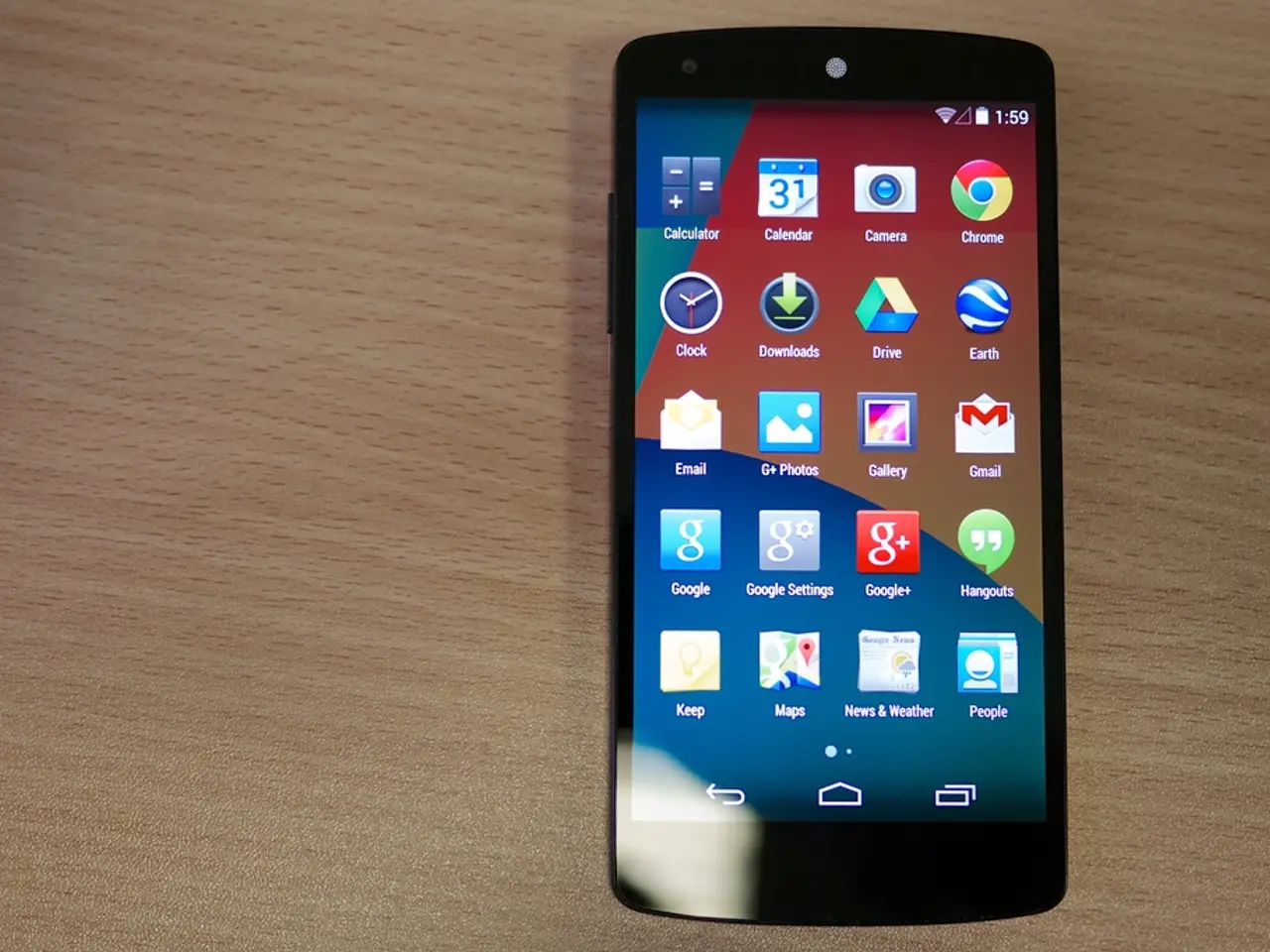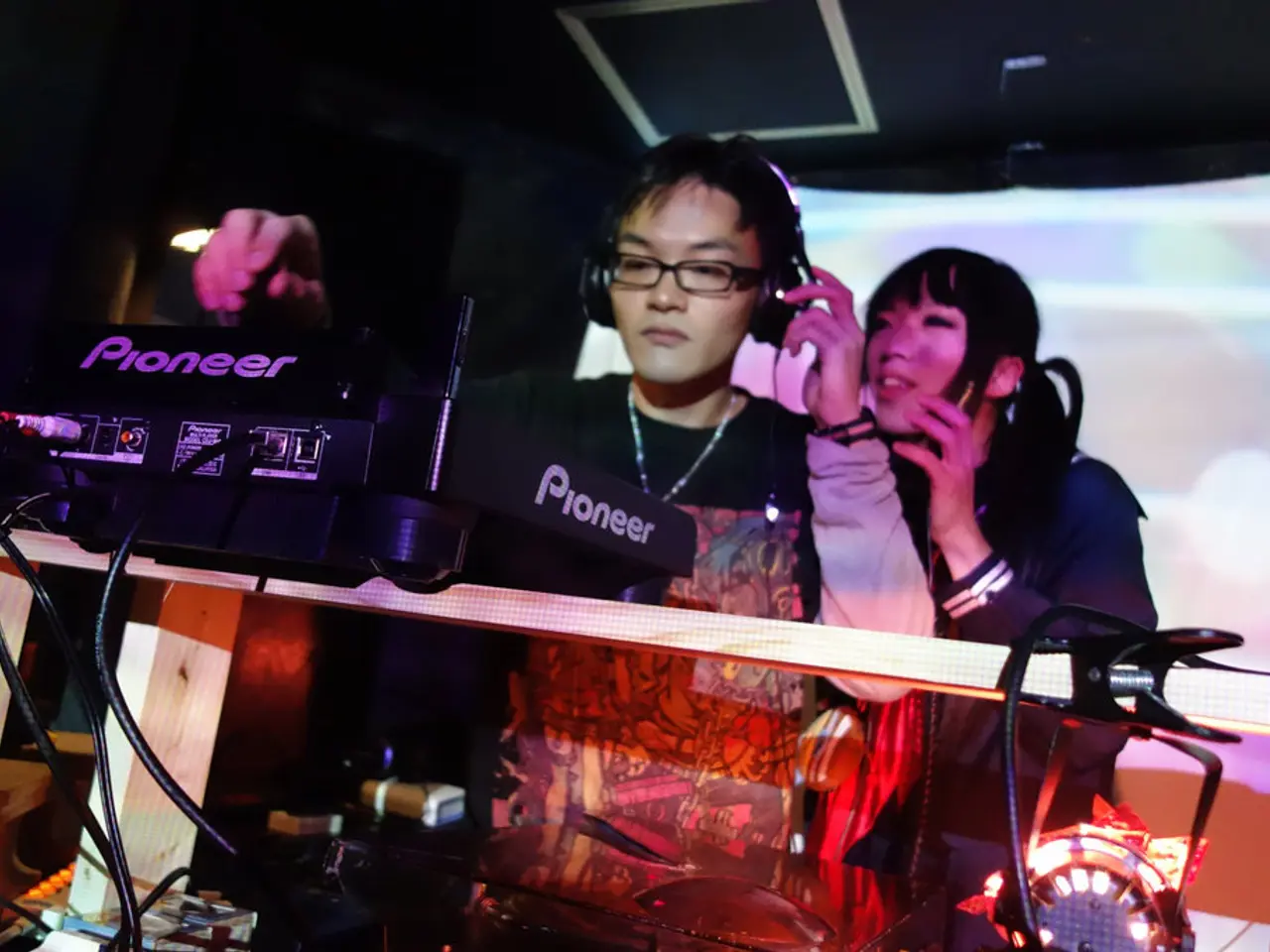Alteration of Lifestyle Due to Social Media Influence
Social media, a ubiquitous part of modern life, can have profound effects on our personal growth, mental health, and lifestyle. While it offers numerous benefits, such as connecting with friends and family, accessing information, and discovering new ideas, excessive use can lead to a host of challenges.
Research indicates that more time spent on social media is associated with higher levels of anxiety, loneliness, and depression, while self-esteem declines [1][2][3]. Teenagers, in particular, face increased risks of cyberbullying, social isolation, and body image issues when using social media excessively [2][4]. The U.S. Surgeon General has stated that teens spending more than three hours per day on social media are twice as likely to experience depression and anxiety [3][4].
Lifestyle disruptions caused by excessive social media use are also significant. Late-night scrolling can lead to sleep disturbances, while reduced productivity and impaired real-life relationships are common [4]. The constant comparison with others can create a "comparison trap," where users perceive others as happier or more successful, worsening anxiety and feelings of inadequacy [4][5].
However, it's important to note that social media can offer social connection, especially for isolated or disabled individuals. The key to a healthy social media experience lies in moderation. Studies suggest that risks increase notably beyond two hours of daily use [5].
To make the most of social media, it's essential to set boundaries for screen time, be mindful of the content consumed, and cultivate a positive and supportive online community. Being aware of the impact of social media on mental health and seeking support if needed is also crucial.
In addition, social media influences how we communicate, consume information, present ourselves, spend our time, make purchasing decisions, and form relationships. Finding a balance involves being aware of its potential impact on various aspects of life while harnessing its benefits in a mindful way.
Lastly, social media platforms like LinkedIn, Facebook, Instagram, Twitter, and YouTube are valuable tools for professional networking, career development, and access to educational content. It's important to be discerning about the content consumed, ensuring it is accurate, reliable, and positive for personal growth.
In conclusion, while social media offers numerous benefits, excessive use can have detrimental effects on mental health and lifestyle, particularly in adolescents and young people. Awareness, limiting screen time, and digital detoxes are recommended to mitigate these harmful effects. By adopting a mindful approach to social media, we can harness its benefits while minimising its potential negative impacts.
[1] Anderson, M. C., & Jiang, X. (2018). Social media use and mental health in young adults: A systematic review of longitudinal studies. Clinical Psychological Science, 6(3), 469-490.
[2] Kross, E., Verduyn, P., Demiralp, E., Park, J., Lee, M., Lee, S., & Lee, Y. (2013). Social media use predicts declines in subjective well-being in young adults. PloS one, 8(7), e65831.
[3] U.S. Surgeon General. (2015). Connecting youth: finding and maintaining mental health in digital spaces.
[4] Twenge, J. M., & Campbell, W. K. (2019). The association between screen time and well-being among adolescents in the United States. Journal of youth and adolescence, 48(1), 154-167.
[5] Przybylski, A. K., Weinstein, N., Murayama, K., & Ryan, R. M. (2013). The benefits of playing video games: Becoming fully absorbed in flow experiences. Psychological science, 24(11), 2156-2163.
- Social media, used Mindfully, can contribute to personal growth, mental health, and lifestyle, offering opportunities for education-and-self-development, relationships, and access to health-and-wellness information.
- Excessive social media use, however, can lead to anxiety, loneliness, depression, sleep disturbances, reduced productivity, and strain on real-life relationships.
- Research shows that social media risks escalate notably beyond two hours of daily use, increasing the likelihood of cyberbullying, social isolation, and body image issues, particularly for teenagers.
- To reap the benefits of social media and avoid its pitfalls, setting boundaries for screen time, being aware of the content consumed, and cultivating positive and supportive online communities is essential.
- Social media can be valuable tools for productivity, entertainment, and professional networking, helping to advance education and career prospects, but it's crucial to be discerning and maintain a balanced approach.




